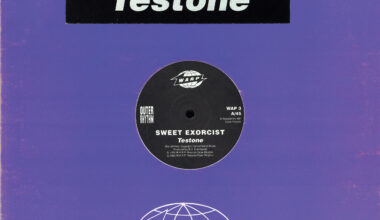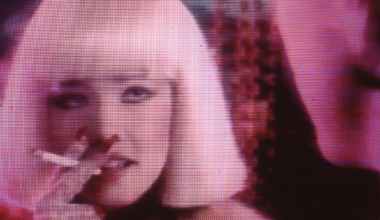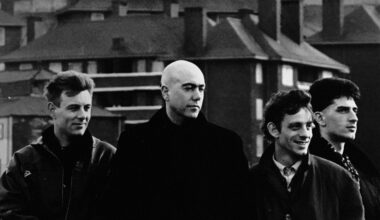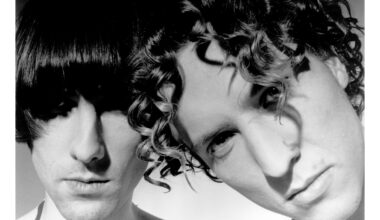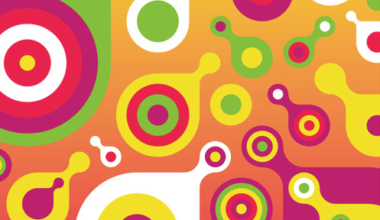Alex Turnbull talks us through the making of ‘Coup’, the funkin’ great 1984 cut from 23 Skidoo
Want to read more?
Sign up to Electronic Sound Premium to gain access to every post, video, special offers, and more. 100%, all you can eat, no commitment, cancel any time.
Already a premium member? Log in here
